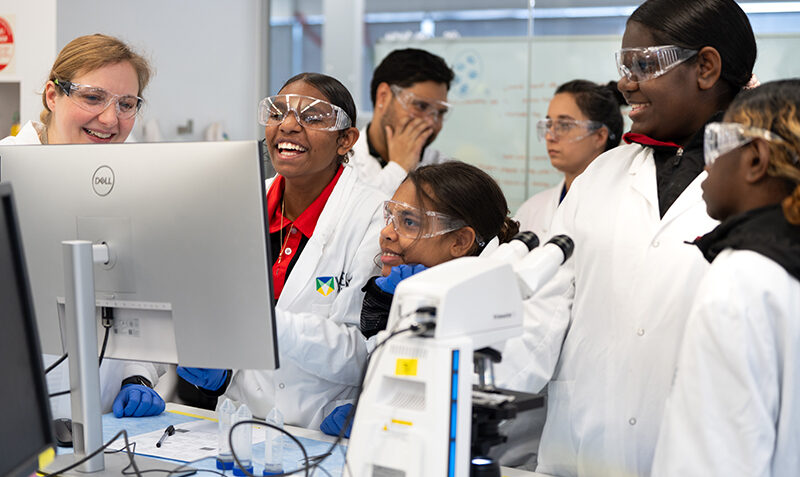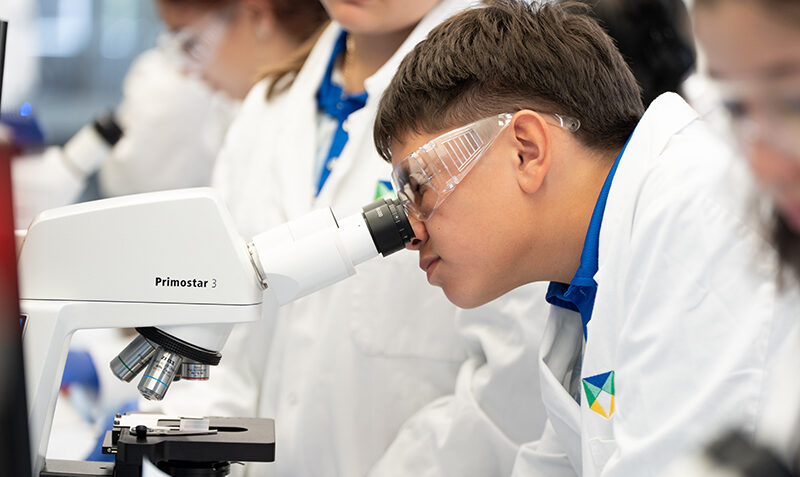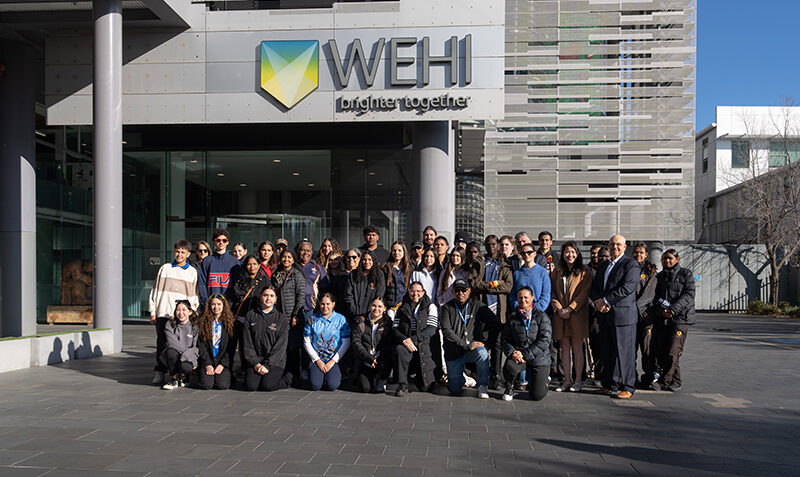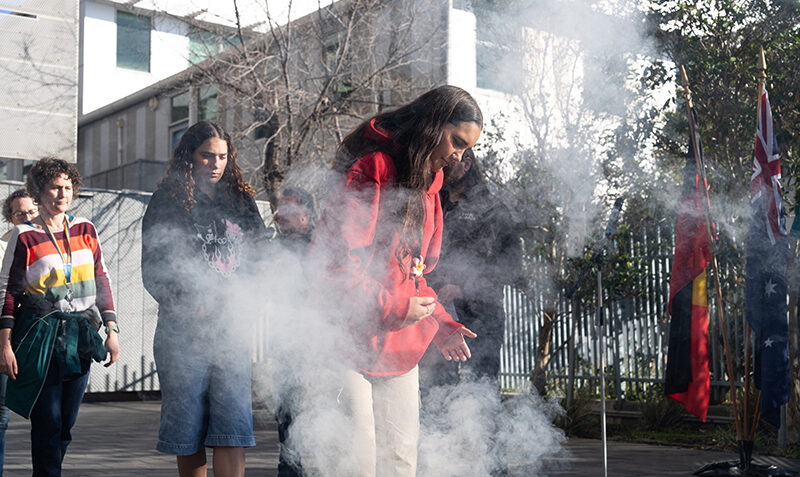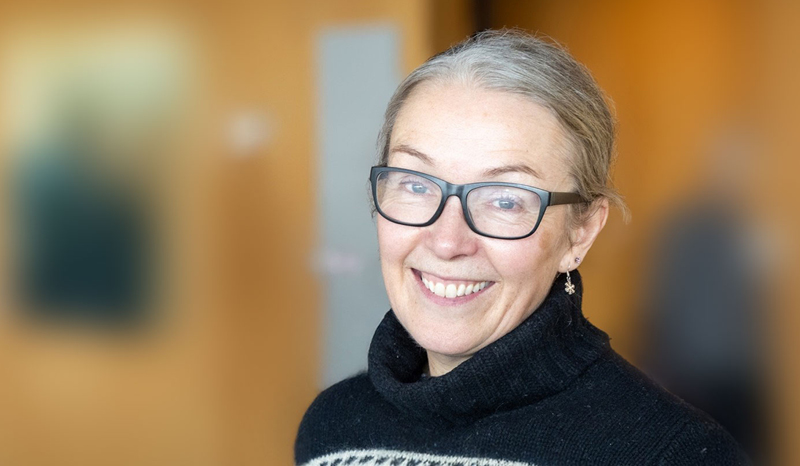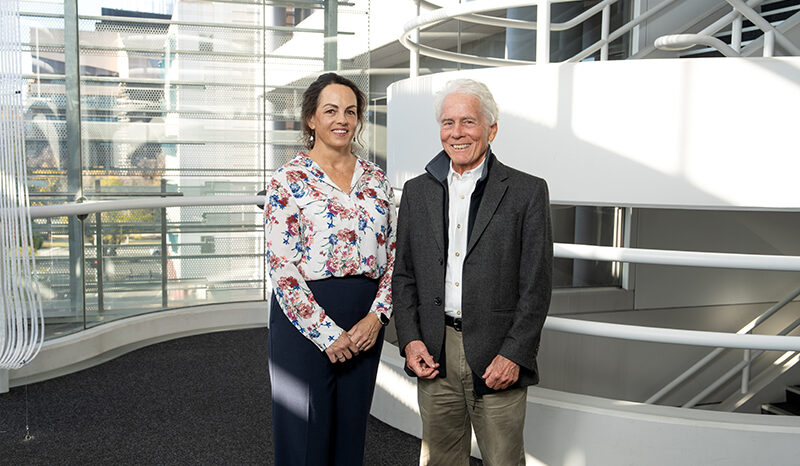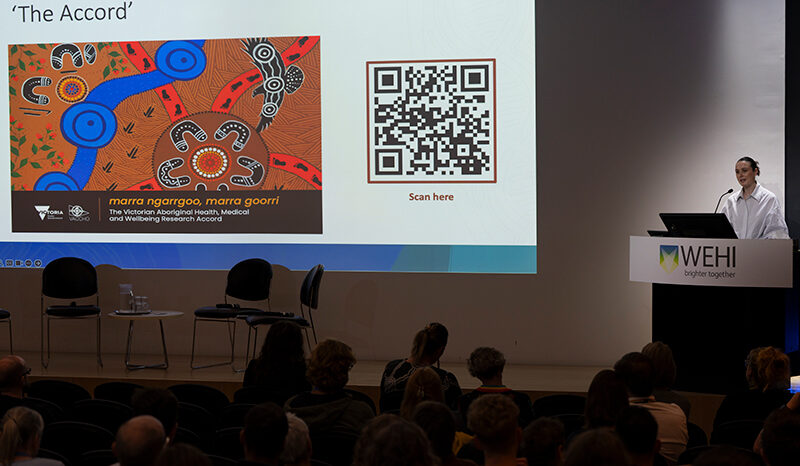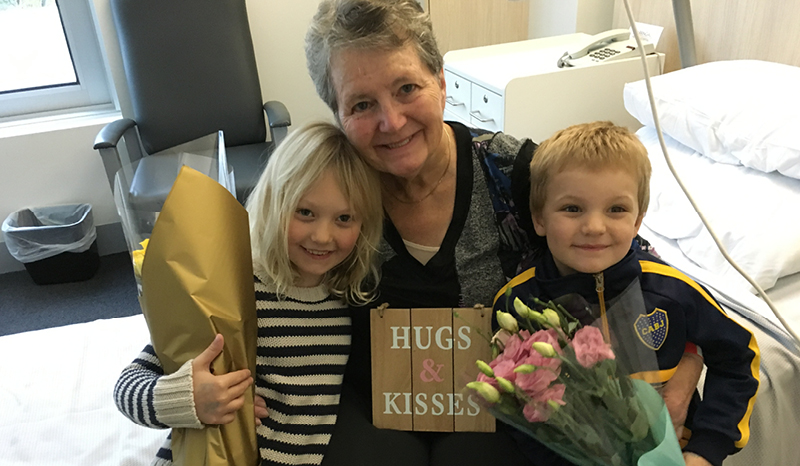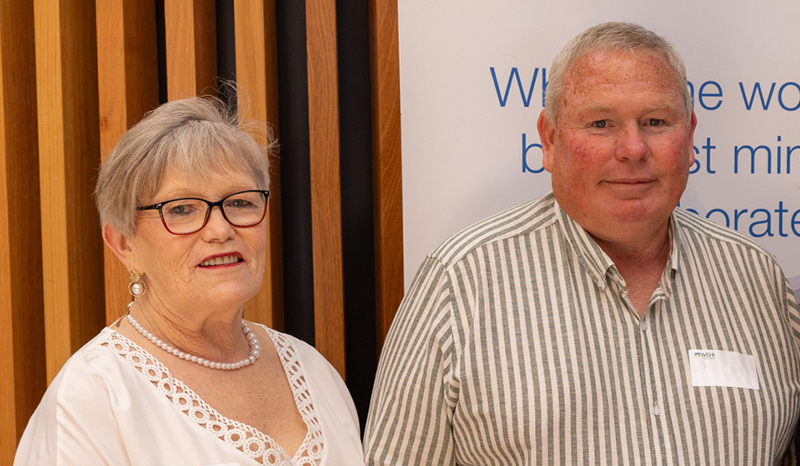The 2025 WEHI DeadlyScience Pathways Program commenced on 5 August, with 29 First Nations secondary students from across Australia taking part in an immersive three-day science experience hosted at WEHI and partner organisations.
The students – representing seven schools from Victoria, New South Wales, Queensland and, for the first time, the Northern Territory – engaged in a range of hands-on activities designed to broaden their understanding of science and future career pathways.
Now in its third year of operation, the WEHI DeadlyScience Pathways Program is a powerful way to inspire and empower the next generation of First Nations scientists by building their confidence and showing that their perspectives are valued in science and are vital to shaping the future of biomedical research.
By increasing the attractiveness, accessibility and inclusion of science pathways for First Nations students, WEHI is also contributing to more innovations and improved outcomes for all.


